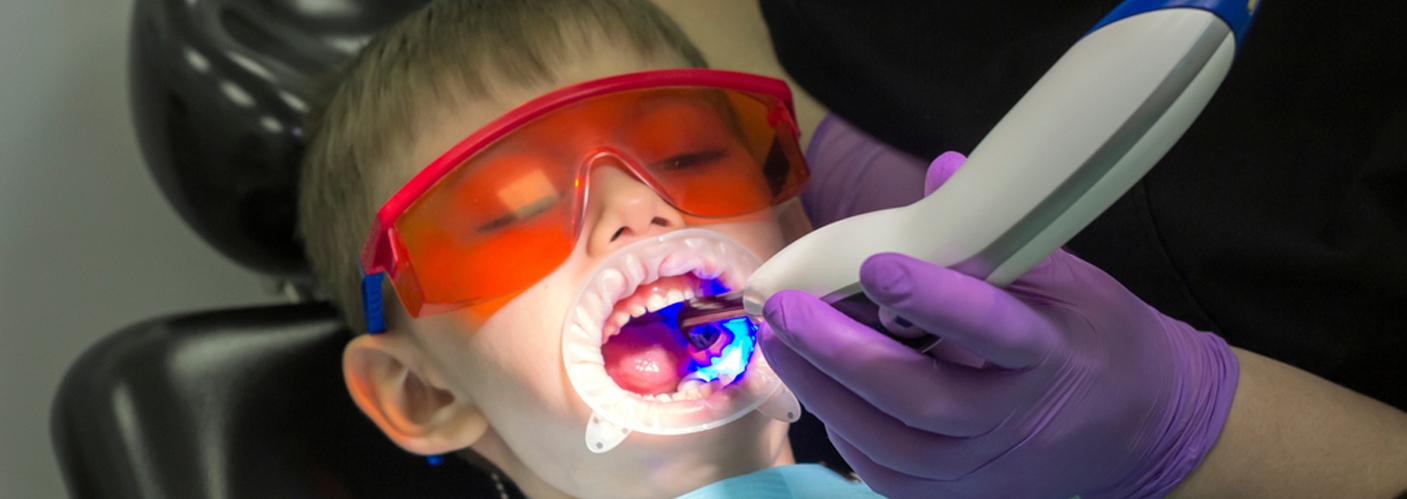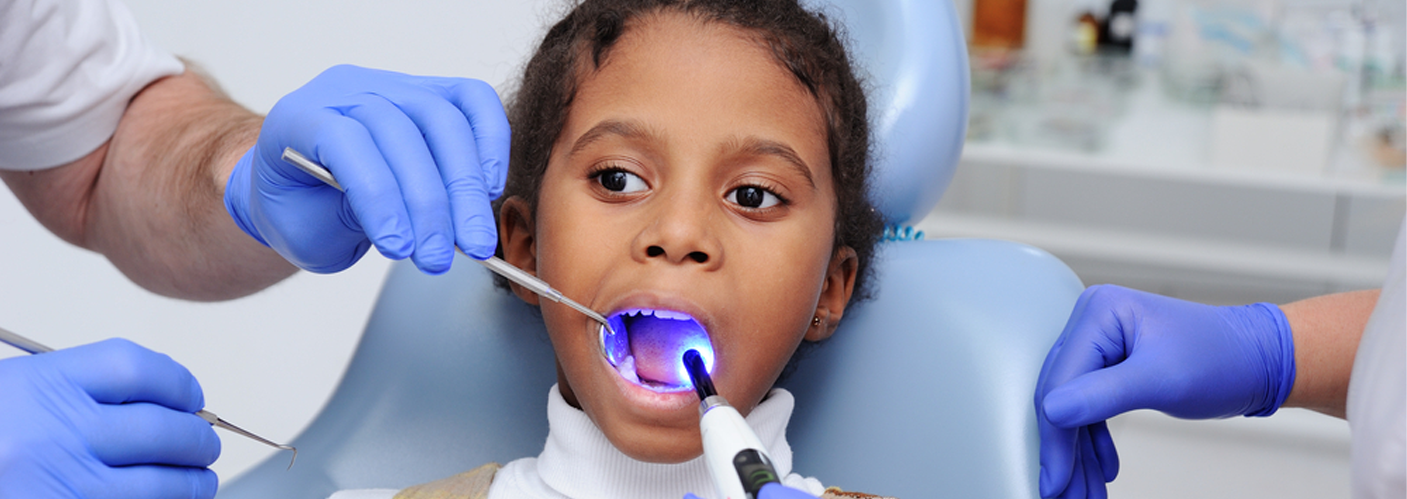Experts believe that the habit of thumb sucking sometimes begins in the womb or usually from birth to below the age of five, as much of it is a common habit among children. At some point, though, as a parent, you might think, “Enough is enough.” Thumb sucking is typically not considered problematic. However, after the age of five, thumb sucking can or may start to contribute to oral health concerns like a misaligned bite. Still, it may be wise to wean your child off of this habit sooner rather than later so the behavior isn’t profoundly engrained, and before you go worrying about the thumb-sucking habit, know that it is totally normal for your child to suck on their thumbs, depending on their age and the intensity of their addiction of sucking their thumbs of course.
Let’s look at why children suck their thumbs, its root cause, the longevity, when to intervene, and how to stop it.

Why do children suck their thumbs?
Most babies have natural sucking reflexes and use their thumb as a self pacifier. Once they are born, babies tend to put their thumbs, fingers, or toes into their mouths — sometimes even before birth. Most times, thumb sucking makes babies feel safe and secure or, in some ways, their need to soothe themselves when going to sleep, even if a child who’s stopped sucking their thumb might go back to this behavior during times of stress.
How long does thumb sucking last?
There is no hard and fast rule on how long thumb-sucking should and will last. This habit depends entirely on each individual child. Some children stop sucking their thumbs on their own accord between six or seven months or between two and four years.
When is the right time to intervene?
Thumb sucking usually isn’t a common concern until a child’s permanent teeth come out. If not detected earlier, thumb sucking might affect the roof of the mouth, like the palate or how the teeth line up. The risk of dental problems can relate to how often, how long, and how intensely your child sucks on their thumb-sucking habit.
Although some experts recommend addressing the habit before the age of three, if the pattern continues after age five and into adolescence, you will need to have a chat with your child’s pediatric dentist to underline the root cause of the thumb-sucking habit.
What can I do to stop my child thumb-sucking?
Some parents find that talking to their children about the habit of thumb-sucking is more effective than screaming at them. They are more likely to stop the practice of sucking their thumb successfully if their parents explain it to them while using safe methods to stop it.
Sometimes as a parent, you need to stop paying attention to the thumb sucking behavior as this alone may break their habit — primarily if your child uses thumb sucking to get your attention. If ignoring it isn’t practical, try one of these techniques:
- Identify what triggers the habit. Often if your child sucks their thumb, it’s in response to stress. So try to identify the real reasons behind the stress factor and provide comfort in other ways — encouraging and reassuring words or hugs. You might also want to give your child a pillow, blanket, or stuffed animal to squeeze.
- positive reinforcement. Using positive words or praising your child, or provide small rewards like giving an extra bedtime story, a trip to a park, or extra time on their favorite activity when they aren’t sucking their thumb. Set attainable goals, like no thumb sucking an hour before bed or placing a sticker on a calendar to highlight the days when your child avoids thumb sucking successfully.
- Offer gentle reminders. Something your child may suck their thumb without a thought—like a force of habit, rather than a way to get attention. Also, gently reminding them to stop may also work as you never want to shame, criticize or scold your child in private of your home or public.

How can the dentist help break the habit?
If you’re overly concerned about the effect of thumb sucking on your child’s teeth, check with the dentist. For some children, chatting with the dentist about why it’s important to stop thumb sucking is more effective than talking with mom or dad. Rarely do some doctors recommend using unpleasant techniques, such as covering your child’s thumbnail with a bitter substance, bandaging the thumb, or covering the hand with a sock at night. For some children, thumb sucking is an incredibly difficult habit to break. Try not to worry. Sometimes putting too much pressure on your child to stop thumb sucking might only delay the process. So be patient with your little ones.
Conclusion
For more information on how to schedule a visit, visit Children’s Dentistry of Arlington. We will be happy to help you with any queries you may have on this topic or any other related to pediatric dentistry.







